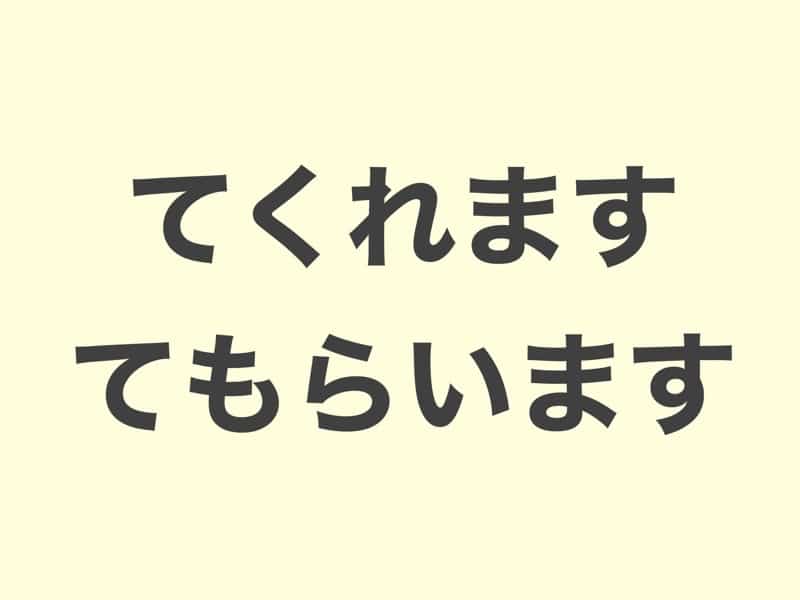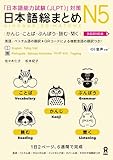Understanding the nuances of giving and receiving in Japanese is crucial for effective communication. This understanding is essential for anyone looking to speak Japanese fluently and naturally.
Noun
- くれます (kuremasu):
- Meaning: “to give (to me)” or “someone gave me.”
- Example: 友達が花をくれました (“My friend gave me flowers.”) — This emphasizes the friend’s action of giving as a positive gesture towards the speaker.
- もらいます (moraimasu):
- Meaning: “to receive” or “I received (from someone).”
- Example: 友達に花をもらいました (“I received flowers from my friend.”) — This emphasizes the speaker’s experience of receiving flowers, highlighting their gratitude or acknowledgment.
Verb
て形+くれました (te form+kuremashita)
- Meaning: “[Someone] did/does for me.”
- Example: 友達が手伝ってくれました。 (Tomodachi ga tetsudatte kuremashita.)
- Translation: “My friend gave me help.”
て形+もらいました (te form+moraimashita)
- Meaning: “I received (action) from [someone].”
- Example: 友達に手伝ってもらいました。 (Tomodachi ni tetsudatte moraimashita.)
- Translation: “I received help from my friend.”
In English, you normally make a sentence using “gave me” or “received” to talk about things you obtain, without focusing on the actions. However, in Japanese, we use these expressions not only for things you get but also for the actions themselves. For example, when you want to say “my friend helped me,” you would say “I received help from my friend” or “My friend gave me help” in Japanese. “Help” still makes sense in English, but in Japanese, when someone does something for you, you always need to use くれます (kuremasu) or もらいます (moraimasu), which sounds a bit weird in English. Check more example sentences below to understand better!
例文 (Examples)
〜が〜てくれました
- 母が晩ご飯を作ってくれました。
- 友達が東京を案内してくれました。
- 先生がレポートを直してくれました。
- 友達がおごってくれました。
- 警察が道を教えてくれました。
〜に〜てもらいました
- 母に晩ご飯を作ってもらいました。
- 友達に東京を案内してもらいました。
- 先生にレポートを直してもらいました。
- 友達におごってもらいました。
- 警察に道を教えてもらいました。
ひらなが (Hiragana)
- ははがばんごはんをつくってくれました。
- ともだちがとうきょうをあんないしてくれました。
- せんせいがレポートをなおしてくれました。
- ともだちがおごってくれました。
- けいさつがみちをおしえてくれました。
- ははにばんごはんをつくってもらいました。
- ともだちにとうきょうをあんないしてもらいました。
- せんせいにレポートをなおしてもらいました。
- ともだちにおごってもらいました。
- けいさつにみちをおしえてもらいました。
Romaji
- Haha ga bangohan o tsukutte kuremashita.
- Tomodachi ga Tōkyō o annai shite kuremashita.
- Sensei ga repōto o naoshite kuremashita.
- Tomodachi ga ogotte kuremashita.
- Keisatsu ga michi o oshiete kuremashita.
- Haha ni bangohan o tsukutte moraimashita.
- Tomodachi ni Tōkyō o annai shite moraimashita.
- Sensei ni repōto o naoshite moraimashita.
- Tomodachi ni ogotte moraimashita.
- Keisatsu ni michi o oshiete moraimashita.
英語翻訳 (English Translation)
- My mom cooked dinner for me.
- My friend showed me around Tokyo.
- My teacher corrected my report for me.
- My friend treated me (to a meal).
- The police officer gave me directions.





コメント